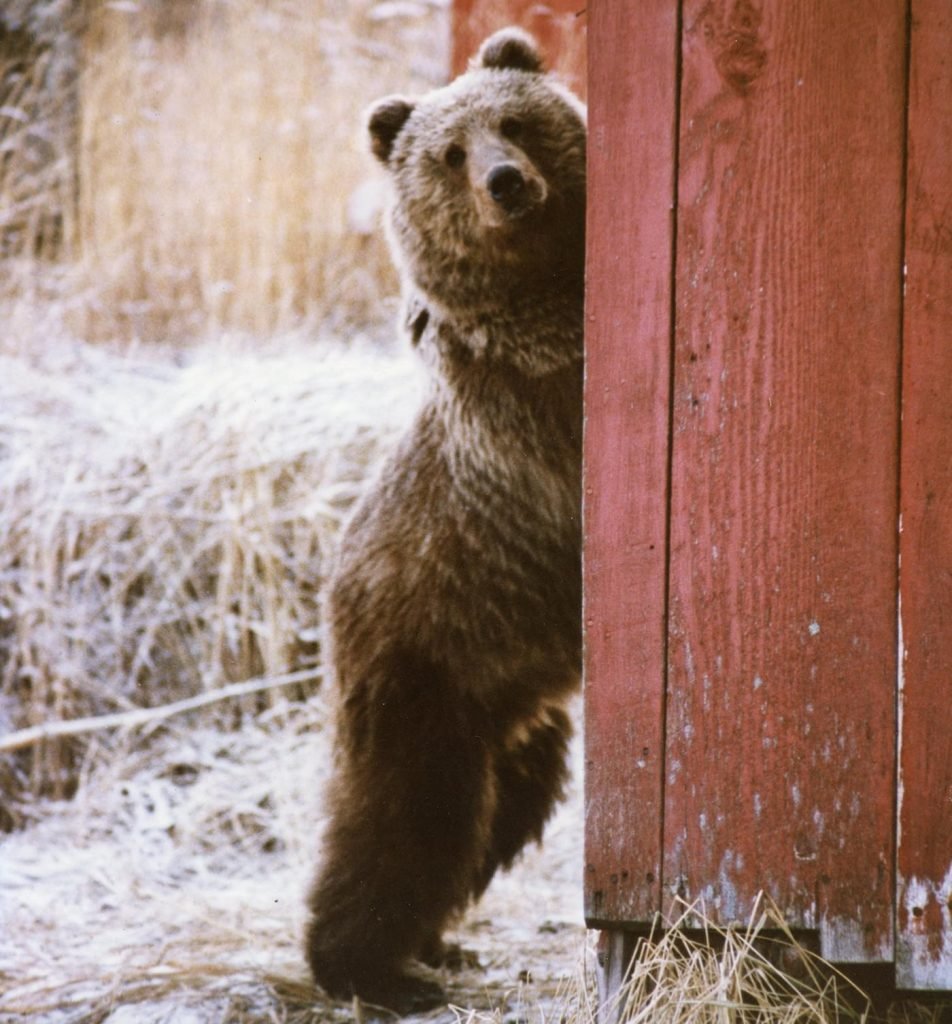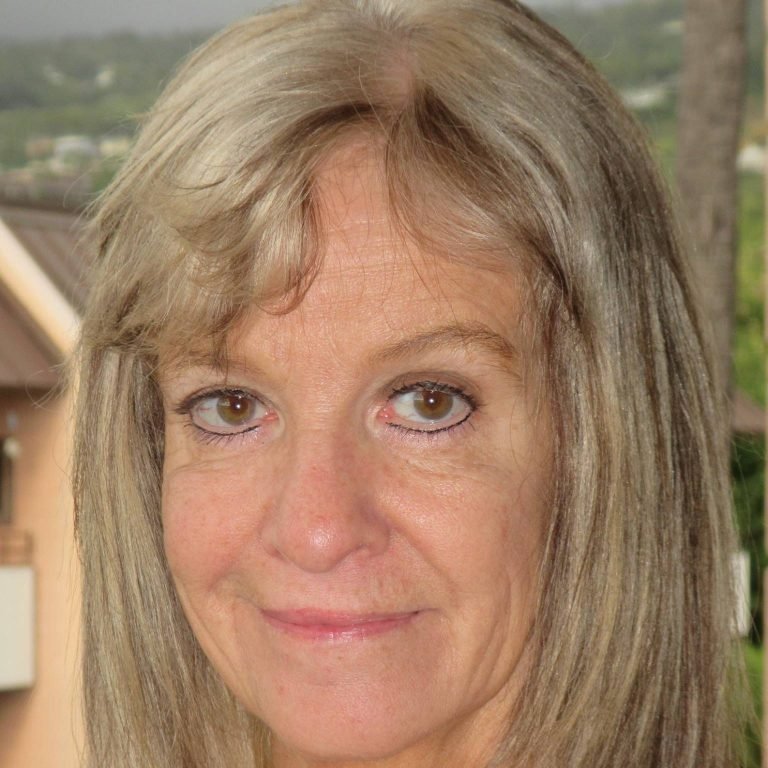December is a tricky time of year on Kodiak Island. The temperature can hover in the forties, winds calm, and the sky clear, but an hour later, it might drop to twenty degrees with fifty mph winds, snow blowing sideways, and no visibility. A quick flight to town by floatplane can turn into a week long ordeal while waiting for the weather to improve enough to fly home.
One year in early December, my husband, Mike, chartered a floatplane for the forty-five-minute flight from our remote lodge to the town of Kodiak. Calm winds and cloudless skies provided easy plane travel. Our deer hunts had recently ended, and deer meat hung in the meat shed. Mike planned to fly to town, run his errands, and fly home the next day to process the meat. Clear weather brings freezing nighttime temperatures, so the meat in the shed was frozen solid, and we didn’t worry about it attracting bears. Mike’s trip to town turned out to be longer than expected, though, when a low- pressure system sped over the island, and a storm hit the following day. One night turned into two and then three.
I stayed by myself at the lodge, but I wasn’t worried; the generator and oil heater purred without a hitch. My routine was to turn on the generator in the evening and then turn it off again just before I went to bed. The only inconvenience was I had to walk 100 feet (30.5 m) to the generator shed. The straightest path from the house to the shed is down a wooden walk, but ice covered the walk, making it nearly impassable. Instead, I took the longer, safer route behind the house, past the meat shed, and between our two guest cabins.
My third evening alone at the lodge, the temperature soared above freezing, and to my delight, the ice on the walk began to melt. It didn’t at first occur to me that this rise in the mercury meant the deer meat was also thawing. At bedtime, I grabbed my flashlight for my nightly trek to the generator shed. I started to head up the trail past the meat shed, but at the last moment, I realized the ice had melted from the walk, so I took the more direct route. Once I returned to the house, I bolted the door and got ready for bed in the pitch-dark house. Just as I was sliding under the covers, I heard the unmistakable noise of something ripping boards from the side of a building, and the ripping sounds emanated from the direction of the meat shed. I considered my options briefly but quickly decided I did not want to confront a bear on a dark, moonless night, so I crawled into bed and pulled the covers over my head, somehow managing to fall asleep.
The next morning, I thought I’d imagined the late-night commotion. The shed appeared fine when I looked at it through the kitchen window, but then I saw a fox on the hill behind the shed and then another fox and then three eagles, all eating something. I hurried outdoors and down the walk to get a view of the shed from a different angle, and sure enough, the bear had removed most of the rear wall, pulled the deer meat outside, enjoyed a feast, and graciously left the scraps for the other forest creatures. I didn’t see the bear, but I knew he probably hadn’t gone far, and as soon as he digested his repast from the previous evening, he’d return in search of his next meal. I called Mike and reported the situation, and he told me to be careful and said he’d be home as soon as the weather improved.
The skies briefly cleared in Kodiak, and it looked as if Mike might get home soon to help me with my bear situation, but as I waited for the plane, the snow began to fall. Pilots flying around the rugged, mountainous terrain of Kodiak Island must be able to see where they are flying, and heavy snow destroys visibility. I stared out the window as the snow showers continued. At times the snow slowed, but at others, the mountains disappeared in a swirl of white. I called the airlines and reported our weather, and the pilot decided to delay the flight. I wanted Mike to get home and help me with the bear, but I did not want him to fly in poor weather. As I waited, my anxiety built, and when I received a VHF radio call from a nearby deer hunter saying a plane had crashed in the bay, and he was bringing the pilot to our lodge, I feared Mike was on the downed plane. As it turned out, though, a wheel plane plowed into the water in heavy snow. The pilot appeared cold, wet, and shaken, and the aircraft was destroyed, but miraculously, the plane carried no passengers, and the pilot wasn’t hurt.
Mike finally flew home later the same afternoon, and the pilot from the crash jumped on the plane for the flight back to town. We removed the remaining deer meat from the shed and processed it, and then we repaired the damaged shed. Once we emptied the shed of food, the bear had no reason to stay, and he went on his way.
I have always wondered what would have happened that night if I’d chosen to walk down the trail past the meat shed after I turned off the generator. I likely would have collided with a hungry bear intent on locating the deer meat he could smell. Maybe he would have run from me, and then again, maybe not. I decided I would not spend another December night alone in the wilderness.


